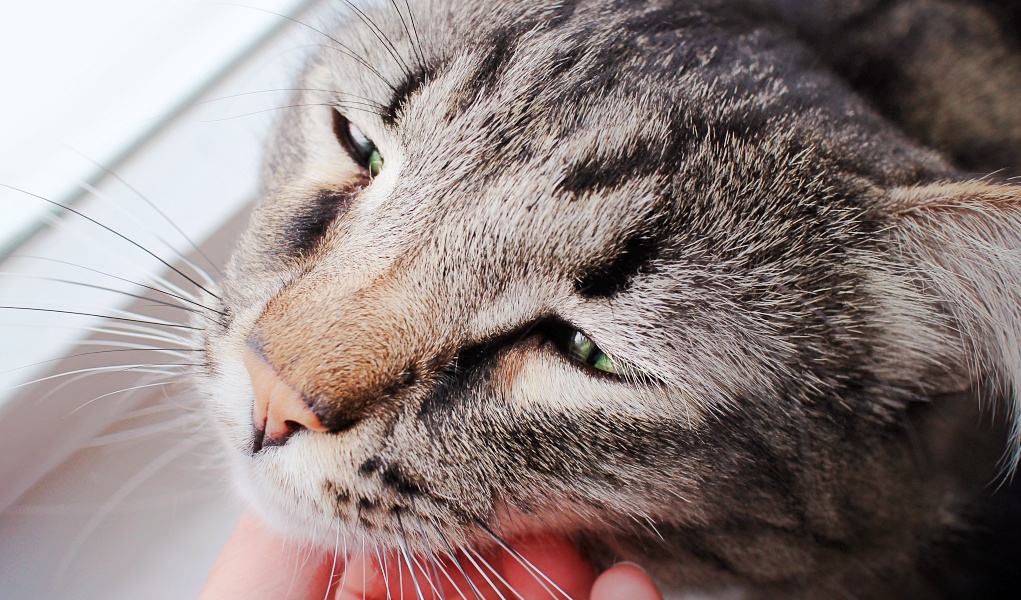When you adopt a new kitten, you're probably not giving a whole lot of thought to how long your new pet will live. Sadly, as our cats age we begin to wonder just how long our faithful companion will be by our side. Many pet owners ask how long does a cat live, but the answer isn't a simple one.
The information in this guide will only give you an estimate as to how long your cat may live. No one can tell you for sure, but you can examine a number of factors to get a rough estimate of how long your cat's lifespan may be.
Whether your pet lives for 10 years or 100 years, it will never be enough. Losing a pet is never easy. However, knowing when your cat is entering her senior years will give you time to prepare for the inevitable.
How Long Do Cats Live?
On average, the life expectancy of cats ranges from 10 to 15 years, which means that cats live longer than most pet dogs. Some can even live past 20 years or longer!
Four main factors influence your cat's lifespan, including:
- lifestyle
- nutrition
- health
- breed
No one can tell you how long your cat will live. However, you can assess the factors discussed below and learn about ways to possibly increase your pet's lifespan.
Lifestyle
Cats who spend time outdoors are exposed to many dangers that their indoor counterparts are not, such as parasites and disease. They also face everyday hazards, including dodging traffic while crossing the street, surviving in the natural elements, and the danger of getting attacked by other animals.
The more time your cat spends outside, the greater her risk of injury and disease. This factor drastically reduces a cat’s lifespan. Most outdoor cats tend to live to about seven years of age. Sheltered indoor cats who live in a safe environment, have a more controlled diet, and have less exposure to diseases and parasites tend to live around 14 years of age or older.
Nutrition
Indoor cats are typically fed a commercial diet that is formulated to provide complete and balanced nutrition. While all commercial foods sold in the US have to meet the nutrition guidelines set by the AAFCO, they are not all made of the same quality ingredients.
Cats that are fed poor quality foods made with low quality ingredients, artificial colorings, artificial preservatives and protein by-products will have a shorter lifespan than cats that are fed high quality diets.
A high quality cat food will cost more, but it will pay for itself in the long run by adding years to your cat’s life and reducing the need for veterinary care. High quality foods made with safe, healthy real meat and all-natural, organic ingredients are sure to increase your pet’s longevity.
ALSO: How To Remove A Tick From A Cat
Health
As I'm sure you can imagine, cats with unhealthy diets are more prone to health issues. Contracting parasites and diseases can also affect your cat's health long term. Cats with poor genetics or weak immune systems usually won't live as long as a healthy feline.
By making sure that your cat gets regular checkups and you provide medical care when needed, you will definitely add years to her life. Discuss a care plan with your veterinarian on your very first visit. They will likely want to see young kittens more often, healthy adult cats will probably only need to be seen for a check-up oncer per year, and senior cats will likely need to be seen 2-3 times per year.
Breed
While there's no way to know exactly how long any cat will live, some breeds have a tendency to live longer than others. For example, smaller breeds like Russian Blues and American shorthairs have an average lifespan of 15 to 20 years. Larger breeds, like the Sphynx, Maine Coon and Ocicat breeds, have a lifespan closer to 8-12 years.
You can increase your cat’s chances of longevity by providing top quality nutrition, getting regular veterinary check-ups and making sure your pet gets plenty of exercise. Providing mental stimulation and keeping your cat indoors can also add years to his life.
READ NEXT: Cat Panting or Breathing Hard – Why and What To Do














